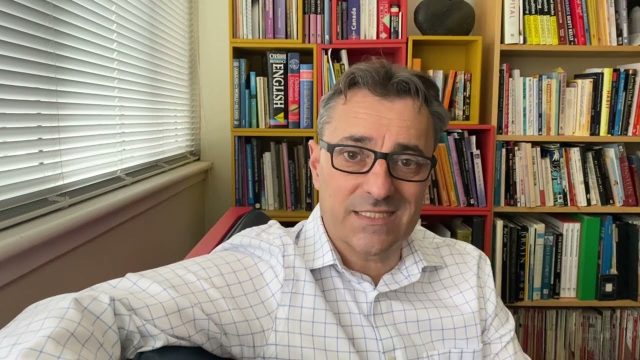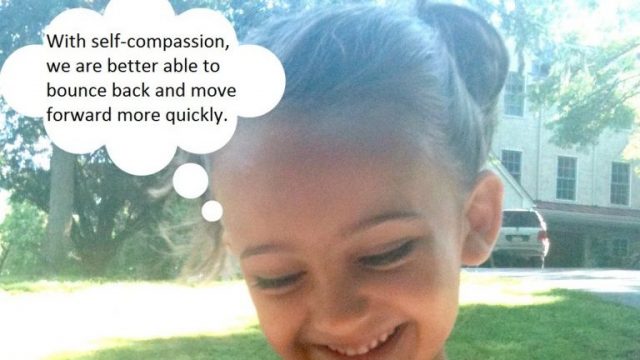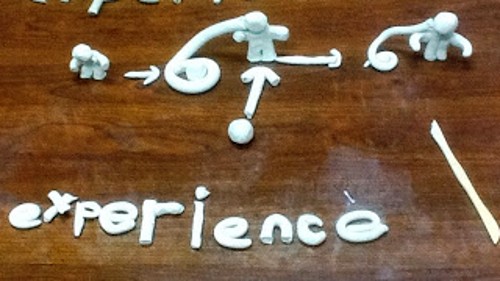3 Ways to Support your Dyslexic Child

The frustration of a dyslexic child often revolves around his inability to meet others’ expectations. Adults around them see a bright child who is not learning to read and write. The dyslexic child often hears, “He’s such a smart student; if only he worked a bit harder.”
Parents want their children to be successful students, enter great colleges and become thriving adults. With the best intentions at heart, we may push too often too hard and not realize the pain of failing to meet parents’ expectations early on can be more damaging to a child than the inability to read and write.
- Wrong priorities: There is no doubt that reading and writing are skills needed well beyond the academic life. Yet, being a good speller is not as critical as it used to be in today’s world with the variety of assistant technology at our fingertips. Focusing on their strengths rather than weaknesses will build self-confidence. And this self-confidence is what most likely to set them apart as successful college applicants, adults and business people in the future. Give them the opportunity to build on their strengths, whether it is sports, arts or science, and self-confidence.
- Aggressive practice: When our child is struggling with reading and writing, with the best intention in heart, we might be inclined to push them to work harder expecting that more practice will improve these skills. Practice does make progress. However, neither the child or the parent should be in tears. Always, keep in mind this is difficult for the child and the resistance is natural. Dyslexic children will need more downtime to recharge their batteries as the academic environment often drains more energy and takes much more effort for them.
- Stressed and unhappy parents: Children feel the negative emotions that surround them. Many internalize these feelings and may blame themselves as the of unhappiness in the family. If we are able to see past the academic life, we can focus on the endless opportunities that await these bright children who may become the next Steve Jobs, Bill Gates, Jennifer Anniston, Steven Spielberg, Albert Einstein’s of the future – just a few of the famous dyslexics!









